1
HOME > Beauty >
GLOW INSIDE OUT WITH THESE SKIN VITAMINS AND SUPPLEMENTS
Written by Menswear Style in Beauty on the 1st September 2024
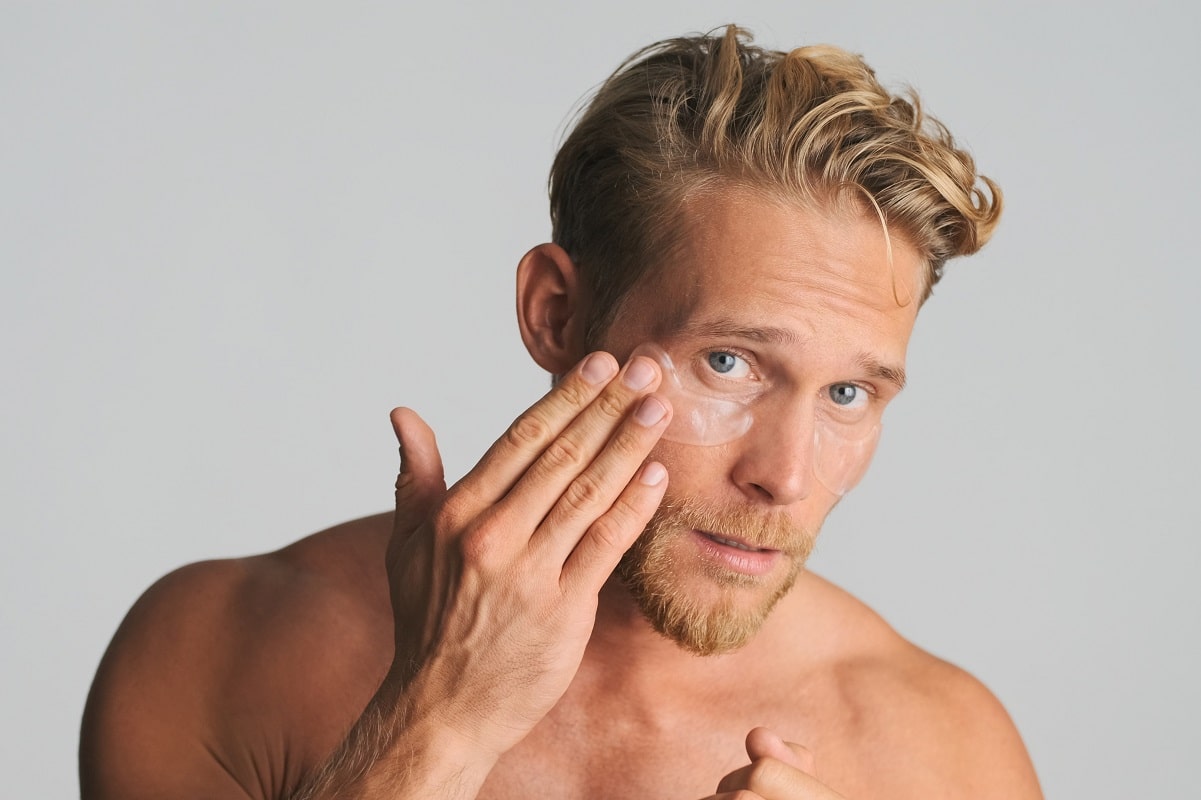
It's easy to get lost in the maze of skincare products lining the shelves in the pursuit of glowing skin, but what if the secret to luminous skin goes beyond topical treatments or PRP skin texture enhancement? This blog explores how vitamins and supplements can play a pivotal role in achieving that sought-after radiance. In this guide, we’ll uncover the most effective vitamins and supplements for healthy skin.
The Role of Vitamins in Skin Health
Vitamins are organic compounds essential for various bodily functions, including skin health. They are crucial for healing, hydration, and protection against environmental stressors. Unlike topical treatments that work on the surface, vitamins nourish your skin from within.

Why You Need Vitamins for Skin Health
Skin is the body's largest organ and acts as a barrier against environmental aggressors like UV rays and pollution. Vitamins provide the necessary nutrients to keep this barrier strong and resilient, so inadequate vitamin intake can lead to dryness, acne, and even early signs of ageing.
How Vitamins Improve Skin
Vitamins work at the cellular level to repair damage, boost collagen production, and enhance skin elasticity. They help neutralise free radicals, which are unstable molecules that can cause oxidative stress, leading to premature ageing and skin issues.
Best Sources of Vitamins for Skin
Alongside skin supplements, it's also important to include vitamin-rich foods in your diet. Fruits, vegetables, nuts, and seeds are excellent sources of skin-friendly vitamins. Combining a balanced diet with the right supplements can amplify the benefits.
Vitamin A for Anti-Ageing
Vitamin A is a powerhouse when it comes to anti-ageing. Its derivatives, retinoids, and carotenoids, are widely used in skincare products for their ability to stimulate cell turnover and boost collagen production.
Benefits of Vitamin A for Skin
Vitamin A is known for its ability to reduce fine lines and wrinkles. It speeds up cell turnover, resulting in smoother, younger-looking skin. It also helps to lighten dark spots and pigmentation.
How to Integrate Vitamin A
You can find Vitamin A in foods like sweet potatoes, carrots, and leafy greens. For a more concentrated dose, consider supplements like retinol capsules. Be cautious with the dosage, as too much Vitamin A can be toxic.
Topical vs. Dietary Vitamin A
While topical retinoids are popular, consuming Vitamin A through diet or supplements ensures you get a consistent amount. Combining both methods can yield the best results for anti-ageing.
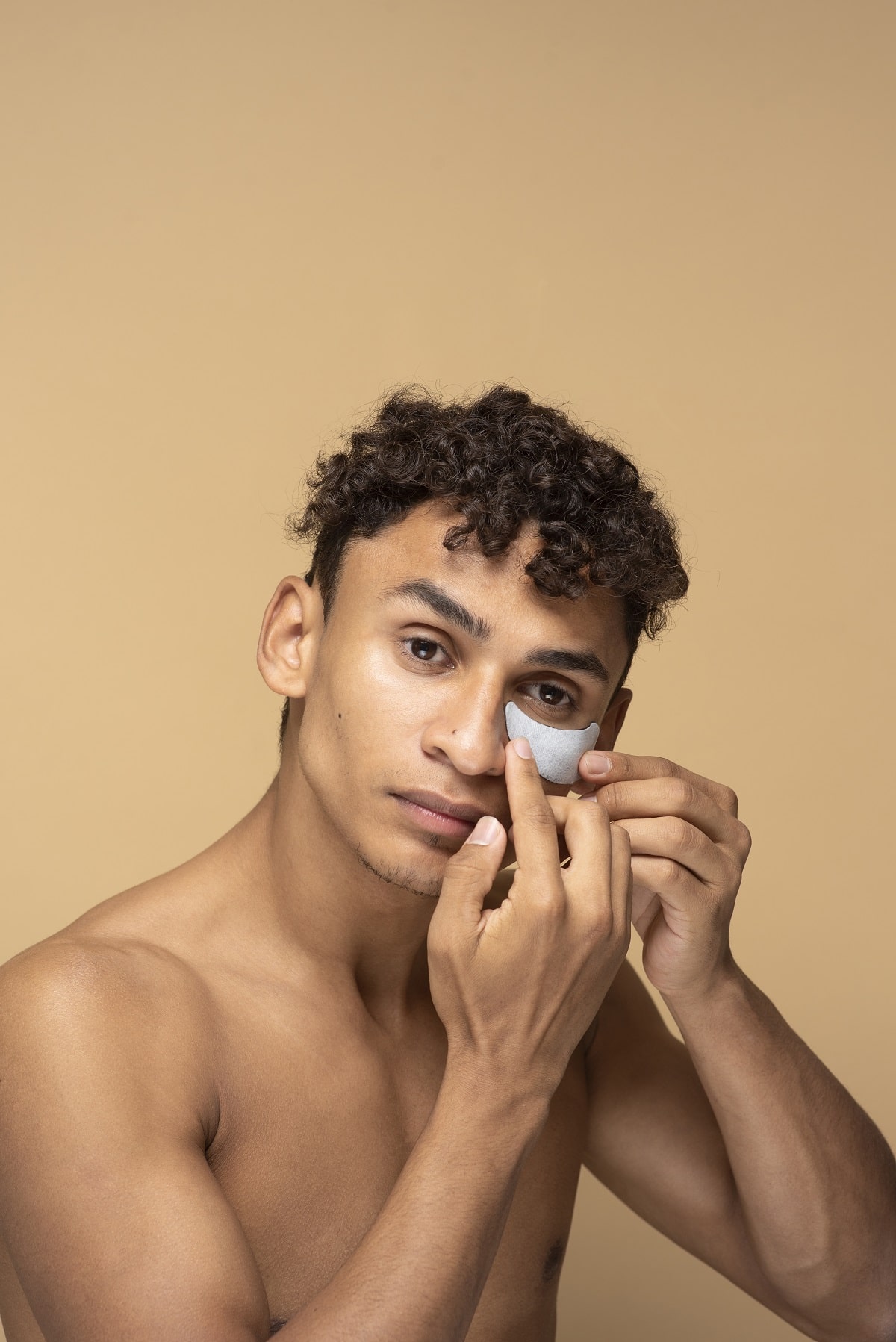
The Wonders of Vitamin C
Vitamin C is a potent antioxidant known for its brightening properties. It helps to even skin tone and protect against sun damage, making it a staple in any skincare regimen.
How Vitamin C Benefits Skin
Vitamin C promotes collagen synthesis, which is crucial for maintaining skin elasticity. It also fights free radicals, helping to prevent signs of ageing and keeping your skin looking youthful.
Best Ways to Get Vitamin C
Citrus fruits, strawberries, and bell peppers are excellent sources of Vitamin C. Consider taking a daily supplement for an extra boost, especially if you have a busy lifestyle that limits your fruit intake.
Combining Vitamin C with Other Nutrients
For maximum effectiveness, pair Vitamin C with Vitamin E. Together, they boost each other's antioxidant properties, offering superior protection against environmental stressors.
The Importance of Vitamin E
Vitamin E is another essential antioxidant that protects the skin from oxidative stress. It is often found in anti-ageing products for its moisturising and healing properties.
How Vitamin E Supports Skin Health
Vitamin E helps to maintain the skin's lipid barrier, preventing moisture loss and keeping the skin hydrated. It also aids in cell regeneration, speeding up the healing of scars and blemishes.
Sources of Vitamin E
Nuts, seeds, and green vegetables are rich in Vitamin E. You can also opt for supplements if you struggle to get enough through your diet. Look for natural sources, as they are more effective than synthetic ones.
Using Vitamin E Topically
Topical Vitamin E oils and creams can be directly applied to the skin for targeted benefits. This is particularly useful for treating scars and dry patches.
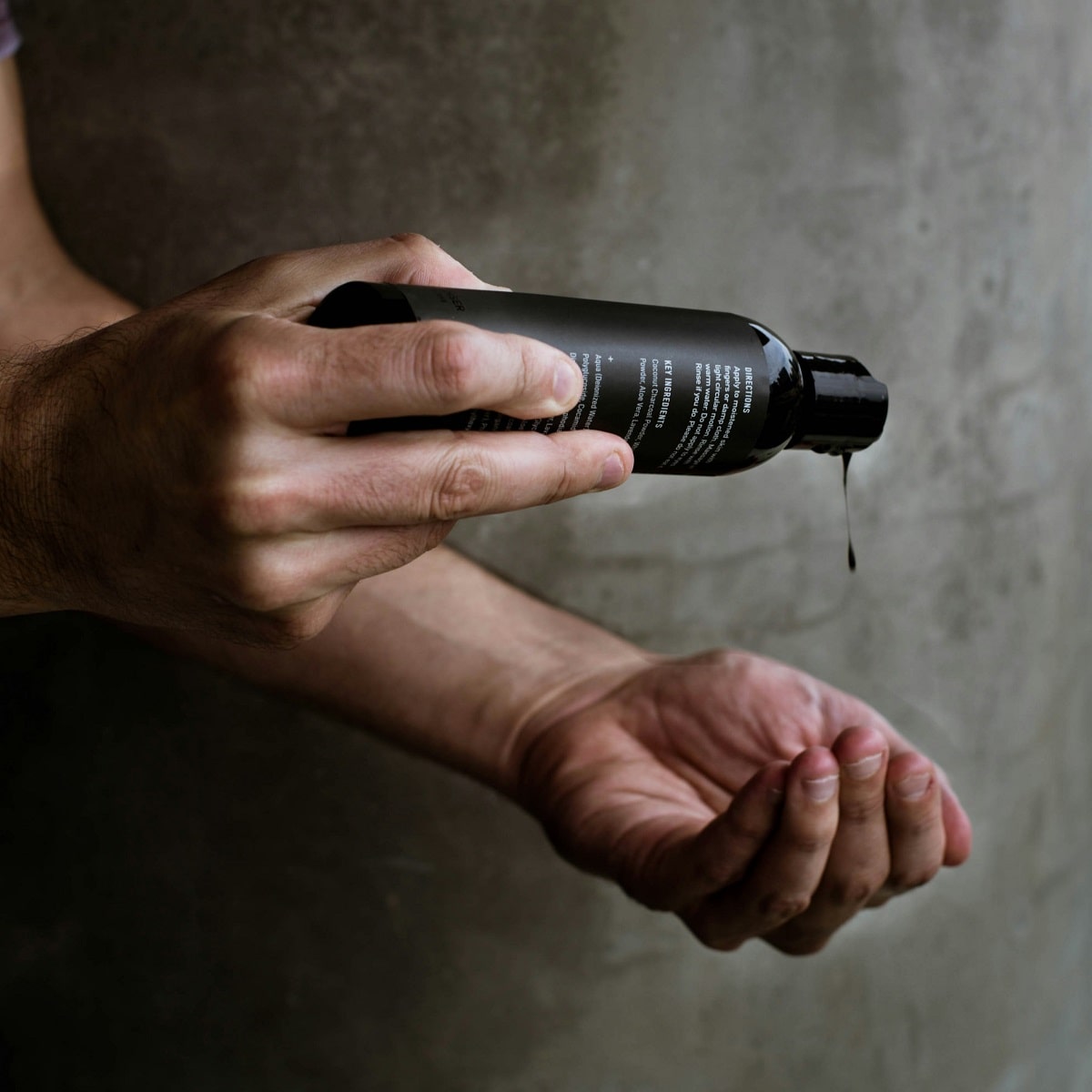
Biotin for Stronger Skin
Biotin, also known as Vitamin B7, is crucial for maintaining healthy skin, hair, and nails. It plays a significant role in the production of fatty acids, which nourish the skin.
Benefits of Biotin for Skin
Biotin helps to improve the skin's barrier function, making it more resilient against environmental pollutants. It also supports the production of keratin, a protein that keeps the skin firm and smooth.
How to Get More Biotin
Eggs, nuts, and whole grains are great dietary sources of biotin. Biotin supplements are also available and can be particularly beneficial if you notice your skin, hair, or nails becoming weak or brittle.
Biotin and Skin Conditions
Some studies suggest that biotin may help with skin conditions like eczema and dermatitis. If you're struggling with these issues, increasing your biotin intake could be beneficial.
Zinc for Clear Skin
Zinc is a mineral that plays a crucial role in skin health. It regulates oil production and can help to prevent acne breakouts.
Why Zinc is Essential
Zinc has anti-inflammatory properties that can help reduce redness and swelling associated with acne. It also supports the immune system, which is vital for overall skin health.
Sources of Zinc
Oysters, beef, and pumpkin seeds are rich in zinc. Zinc supplements can also be an effective way to ensure you're getting enough of this essential mineral.
Topical Zinc Treatments
Topical zinc treatments like zinc oxide are often used in sunscreens and acne treatments. They provide a protective barrier and reduce inflammation.
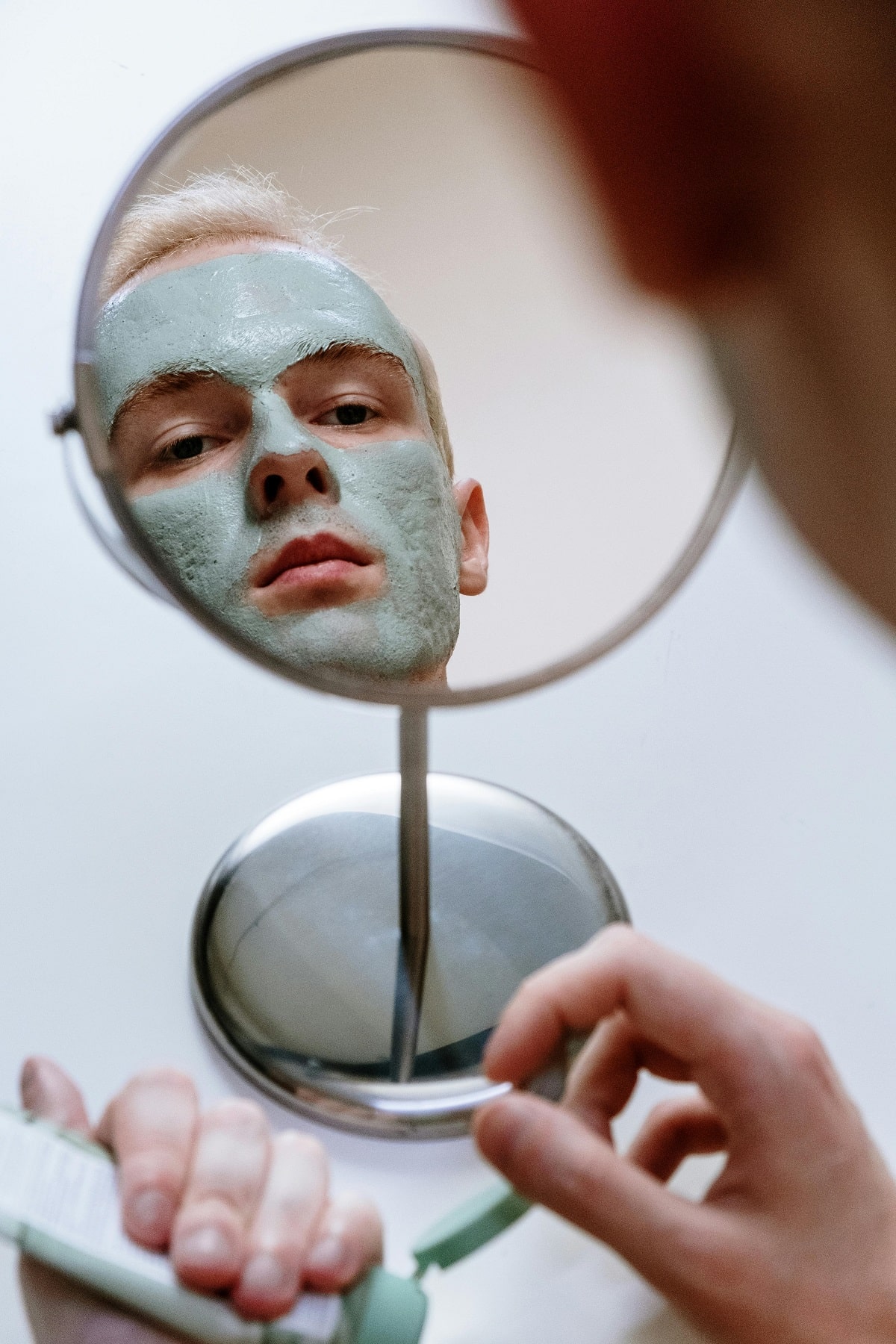
Collagen for Firmness
Collagen is a protein that provides structure to the skin. As we age, collagen production decreases, leading to sagging and wrinkles.
Why Collagen is Important
Collagen maintains skin elasticity and hydration. Supplementing with collagen can help to reduce the appearance of wrinkles and improve skin firmness.
How to Boost Collagen
Bone broth, chicken skin, and fish are natural sources of collagen. Collagen supplements, available in powder, capsules, or dissolvable strips such as those from Diso, can also be effective.
Combining Collagen with Vitamin C
Vitamin C is crucial for collagen synthesis. Combining collagen supplements with Vitamin C can enhance their effectiveness, helping you achieve firmer, younger-looking skin.
Vitamin D for Overall Health
Vitamin D is essential for overall health, including skin health. It helps to regulate the immune system and can improve skin conditions like psoriasis.
Importance of Vitamin D
Vitamin D plays a role in cell growth, repair, and metabolism. It helps to maintain the skin's barrier function and protect against infections.
Sources of Vitamin D
Sunlight is the best natural source of Vitamin D. Foods like fatty fish, eggs, and fortified dairy products also provide this essential vitamin. Consider supplements, especially during the winter months when sunlight is limited.
Supplementing Vitamin D
If you live in an area with limited sunlight, a daily Vitamin D supplement can help ensure you're getting enough. Look for high-quality options that provide at least 800 IU per day.
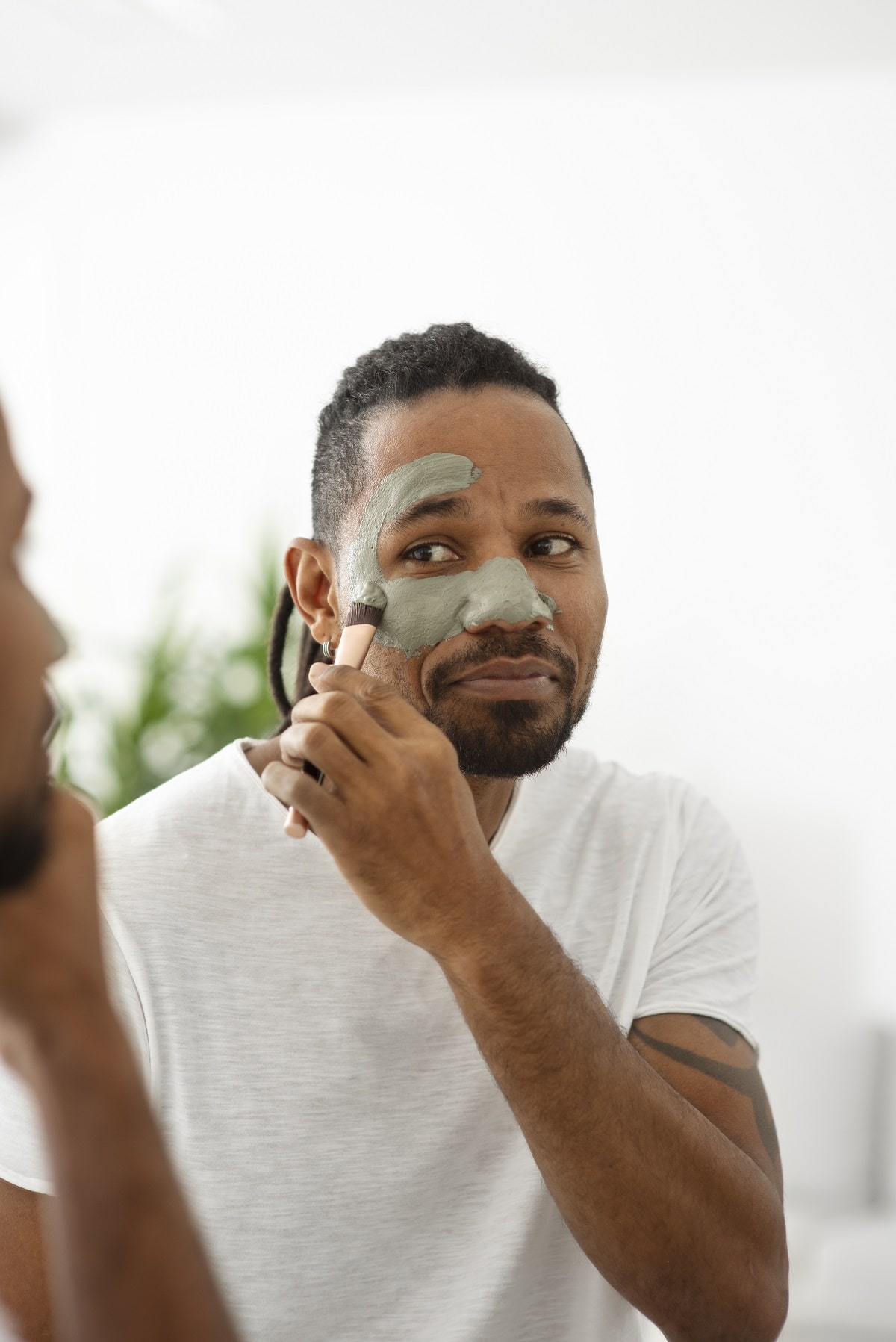
Natural Supplements for Skin Health
In addition to vitamins, several natural supplements can boost skin health. These include herbs and plant extracts known for their skin-friendly properties.
The Power of Aloe Vera
Aloe Vera is known for its soothing and hydrating properties. It can help to reduce inflammation and promote healing, making it beneficial for dry or irritated skin.
Benefits of Green Tea Extract
Green tea extract is rich in antioxidants and has anti-inflammatory properties. It can help to reduce redness and protect the skin from damage caused by free radicals.
Turmeric for Radiance
Turmeric is known for its anti-inflammatory and antioxidant properties. It can help to brighten the skin and reduce signs of ageing, making it a popular ingredient in skincare supplements.
Summary
Incorporating the right vitamins and supplements into your daily routine can significantly enhance your skin health. From reducing wrinkles to clearing up acne, these nutrients work from the inside out to give you radiant, glowing skin. Remember, consistency is key, and combining these supplements with a balanced diet and good skin care practices can yield the best results. For those looking to take their skin health to the next level, consider consulting with a healthcare provider or a dermatologist to tailor a supplement plan that meets your specific needs. Your skin will thank you!
Trending
2
3
4
5
6
7
8
9
10








